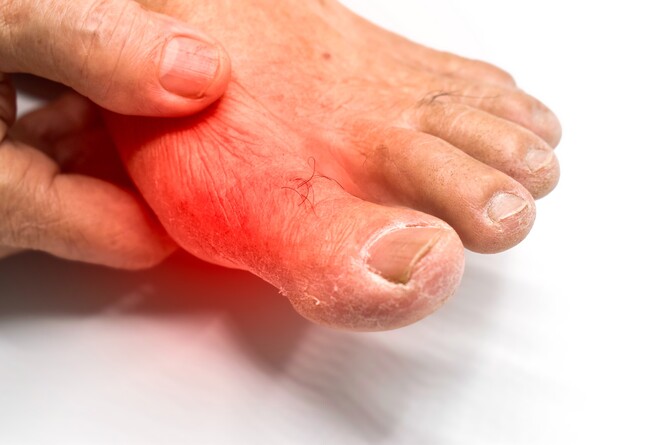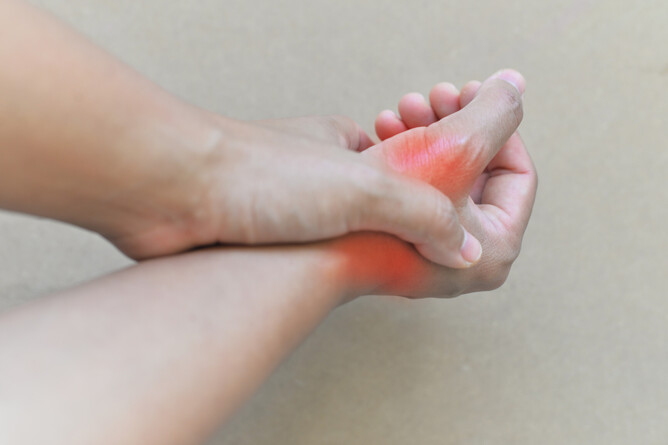Gout is a common and painful form of arthritis that has been recognized for centuries. It is caused by the buildup of uric acid crystals in the joints, leading to inflammation and severe pain. This condition predominantly affects men and is often associated with lifestyle factors such as diet and alcohol consumption. This report explores the impact of gout on individuals and society, as well as strategies for managing and preventing gout effectively.
I. Impact of Gout
1.1 Physical Impact Gout's physical impact is characterized by sudden and intense attacks of joint pain, most commonly occurring in the big toe. These attacks can last for several days, making mobility and daily activities challenging. Over time, if left untreated, gout can lead to joint damage and deformities, reducing the affected individual's quality of life.
1.2 Emotional and Psychological Impact The chronic nature of gout can lead to emotional distress and a reduced sense of well-being. The unpredictable nature of gout attacks can cause anxiety and depression in individuals, impacting their overall mental health and social life.
1.3 Economic and Social Impact Gout places a significant economic burden on both individuals and society. Direct costs include medical expenses, such as doctor's visits and medications, while indirect costs result from lost productivity and missed workdays due to gout attacks. The condition can also strain social relationships due to the limitations it imposes on patients.
Conclusion
Gout is a painful and potentially debilitating condition that affects physical, emotional, social, and economic aspects of an individual's life. Effective management of gout involves a combination of medication, lifestyle changes, monitoring, and support. By following these strategies, individuals can reduce the frequency and severity of gout attacks, improve their overall quality of life, and minimize the societal burden associated with this condition. Education and awareness are crucial in the prevention and management of gout, ensuring a healthier and happier future for those affected by this condition.
Talk to our team at Levin Family Health if Gout is impacting on your daily life.
II. Managing Gout
2.1 Medication Several medications are available to manage gout effectively:
Nonsteroidal Anti-Inflammatory Drugs (NSAIDs): These reduce pain and inflammation during gout attacks.
Colchicine: An anti-inflammatory medication that can help manage gout symptoms.
Urate-Lowering Therapies (ULTs): These drugs lower uric acid levels in the body to prevent future attacks. Allopurinol and febuxostat are common ULTs.
2.2 Lifestyle Changes Lifestyle modifications play a crucial role in managing gout:
Diet: Reducing purine-rich foods (e.g., red meat, seafood, alcohol) and increasing consumption of fruits, vegetables, and whole grains can help lower uric acid levels.
Hydration: Staying well-hydrated helps flush excess uric acid from the body.
Weight Management: Maintaining a healthy weight can reduce the risk of gout and its severity.
Alcohol Moderation: Limiting alcohol intake, especially beer and spirits, can prevent gout attacks.
2.3 Monitoring and Prevention Regular monitoring of uric acid levels and adherence to medications are essential for effective gout management. Additionally, healthcare providers can help identify and address underlying conditions that may contribute to gout, such as hypertension and kidney disease.
2.4 Education and Support Patient education is key to managing gout effectively. Patients should be informed about their condition, treatment options, and the importance of lifestyle changes. Support from healthcare professionals, support groups, and loved ones can help individuals cope with the emotional and psychological aspects of gout.






